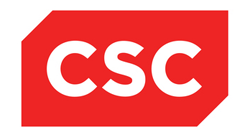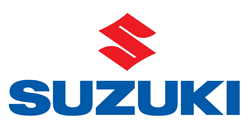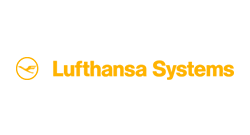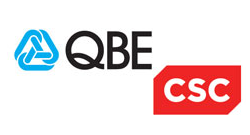Choosing the Data Classification Solution That’s Right for Your Enterprise
A guest blog from Stephane Charbonneau, Founder and Chief Technology Officer at Titus
With every significant technology market, the same debate emerges – is it better to buy a best-of-breed solution or a platform play?
That’s a particularly relevant conversation as it relates to the data classification market, where vendors like Microsoft offer a one-size-fits-all platform play, positioning their Microsoft Information Protection (MIP) with Unified Labels as a data classification solution, versus vendors such as Titus, which offer an industry-leading, best-of-breed solution.
Which solution is right?
One of the best things about my job is that I get to speak with enterprises worldwide about data classification and data privacy. I regularly hear from them that they’ve considered the one-size-fits-all approach, but that it simply won’t work for their organization. The reason is simple – the needs of each enterprise are unique.
For example, a platform solution might only offer the ability to label emails in one of two ways: based on sensitivity or dissemination controls. While on the surface this sounds like a straightforward approach, enterprise data needs are much more complex. As enterprises refine the identity of their data to provide policy to it, the ability to only get to two dimensions or attributes about the data’s use and control is limiting.
A robust data classification solution enables enterprises to look at the context around their data and apply classification that considers several things, including:
- Whether the data is personal (i.e. health or financial data);
- If the data is subject to data privacy regulations such as GDPR or the forthcoming CCPA;
- Whether data is subject to some sort of legal hold and if so, for how long it should be held; and
- If the data is proprietary corporate information.
A two-level labelling policy simply cannot sufficiently address the needs noted above. One of the things our customers like best about working with Titus is our ability to help them develop robust data classification policies that consider all of the items noted above (and more).
Environment also matters
Another significant consideration is the environment where all of this data is housed. For the last few years, many enterprises have deployed a hybrid environment to meet a variety of needs – a trend that shows no signs of slowing. Many of these enterprises feel they are best served by having their most sensitive data housed on-premises, with other data stored in the cloud. Simply put – enterprises are still years away from trusting the cloud for all of their data. This is especially true for highly regulated industries.
This makes it imperative to find a complete data classification solution that can offer an equal level of functionality for all data, whether it is on-premises or in the cloud. This is also where some platform plays fall short, as they tend to prefer one environment over another. That leaves enterprises with an uncomfortable choice – migrate their data to an environment they don’t trust or leave a portion of their data vulnerable to breach.
Every enterprise should be considering a data classification solution as a critical piece of their overall data protection strategy. What I’ve detailed above are just a couple of the things enterprises consider before choosing Titus.
To learn more about the best-of-breed versus platform conversation in the data classification market and what Titus brings to the table in partnership with HANDD, please contact us or learn more about our partnership.













